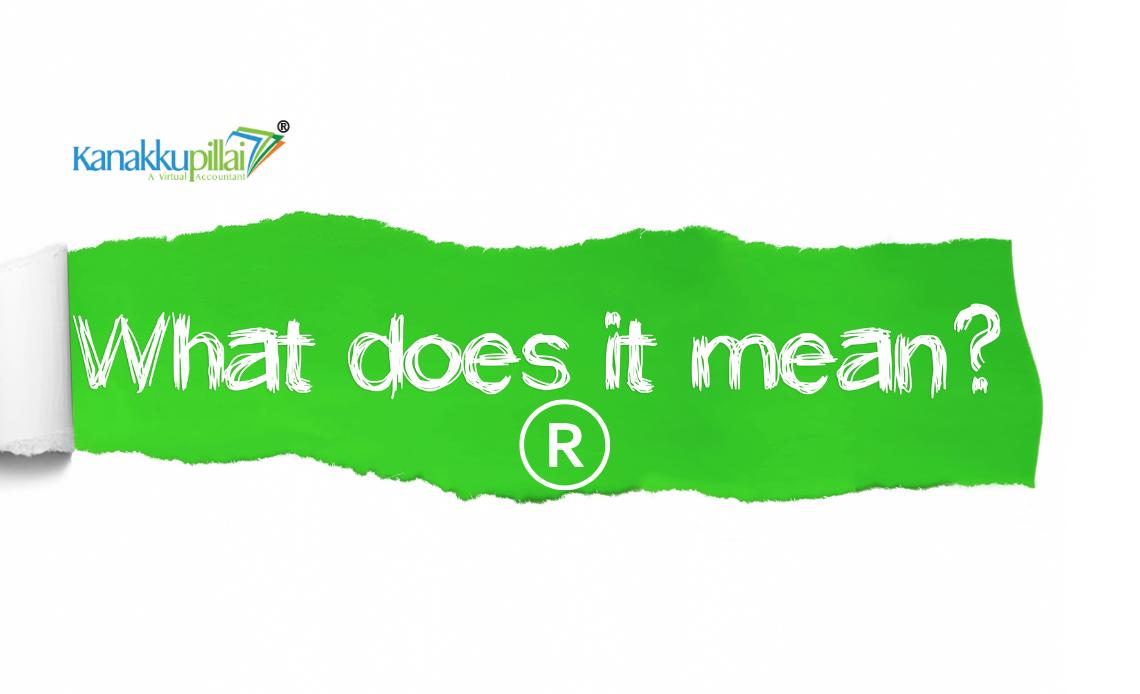One of the most precious properties of a business is a trademark. It not only names and differentiates your brand but also secures it in the legal arena. This article will examine what a trademark is, what is so essential about a trademark, how the trademark can be registered, and what are its major advantages.
Understanding a Trademark
A trademark is simply a sign, symbol, word, logo, or combination of the above that is used to distinguish the goods or services of one company or person from those of another. In simple terms, a trademark is a way of identifying your company and differentiating your firm, goods, and services in the market.
Role of Trademarks in Businesses
The first thing that customers identify with is your trademark. A trademark is a seal of credibility, whether it is the Nike swoosh or the golden arches of McDonald’s. The following are the reasons why any business needs trademarks:
- Brand Recognition: A good trademark will make it easier to be recognized in a competitive environment.
- Legal Protection: When a trademark is registered, it has the right to the use of the trademark without authorization.
- Business Valuation: Trademarks are registered to your business, which includes a lot of value in the company assets.
- Consumer Trust: Consumers associate quality and reputation with a recognized trademark.
What Can Be Registered as a Trademark?
The Trademarks Act, 1999, in India allows a variety of marks to be registered as trademarks. They include some of the following:
- Brands and names (e.g., brand or product names)
- Pictures and words
- Words and numbers
- Shapes and colours
- Sound marks (e.g., jingles)
Steps to Register a Trademark
1. Trademark Search
Prior to application, one should make sure to conduct a proper trademark search at the official databases of Indian trademarks. Through this search, you will be sure that what you want to have as a mark is not in use.
2. Trademark Application
After ascertaining the availability, it applies to the Trade Marks Registry. You will be able to apply under one or several classes of goods and services in accordance with the Nice Classification.
3. Examination
Once the application has been filed, the Registry will check to see whether there are conflicts in the application or objections. In case none are raised, then your application goes to publication.
4. Publication
Your trademark will be advertised in the Trademarks Journal in order to allow any third party to interfere with the registration of the trademark.
5. Registration
Provided there are no oppositions, your trademark is registered, and you receive the Trademark Certificate. This is followed by a period of protecting the trademark for 10 years, after which it can be renewed again.
Advantages of Trademark Registration
The registration of the trademark is not merely a formal concern; it comes with great benefits to your business:
- Exclusive Rights: The mark will have a registered trademark status over the Indian region, and you will have the exclusive right to use the mark in association with the goods or services laid out within the identified specific class.
- Nationwide Protection: Your trademark is registered in all the states in India, meaning that you can expand your business without the fear of infringement.
- Right to Sue: Owners of registered trademarks get the right to bring suits for infringement against users who do not have permission.
- Goodwill and Brand Value: A registered trademark is an outstanding intangible asset since it has the ability to gain more value with time, and could be sold, licensed or franchised.
Trademark vs. Copyright vs. Patent
Although they are commonly mistaken, the protection brought about by trademarks, copyrights, and patents revolves around various parts of intellectual property, respectively:
- Trademark: Guards your brand (names, logos, slogans).
- Copyright: Safeguards the original literary and artistic work, such as books, movies, music, or software.
- Patent: Secures new inventions, procedures, or technical developments.
What Happens if You Don’t Register a Trademark?
Absence of a registered trademark poses a risk to your business to a great degree:
- Others are able to copy your brand.
- You can become deprived of legal rights to your name or logo.
- Enforcement of your rights may not be possible in the case of a similar mark registered first by another person.
Conclusion
One of the most valuable things that a company can possess is a trademark. It safeguards your brand name, boosts your reputation and gives you formidable legal defense against infringement. In case you are a serious-minded business person, one of the wisest choices you will ever make is to register your trademark.
Being furnished with even the elementary knowledge of the trademark and its advantages to you, you can now go ahead in preparing yourself to take steps that can help you to safeguard your brand in the market.





